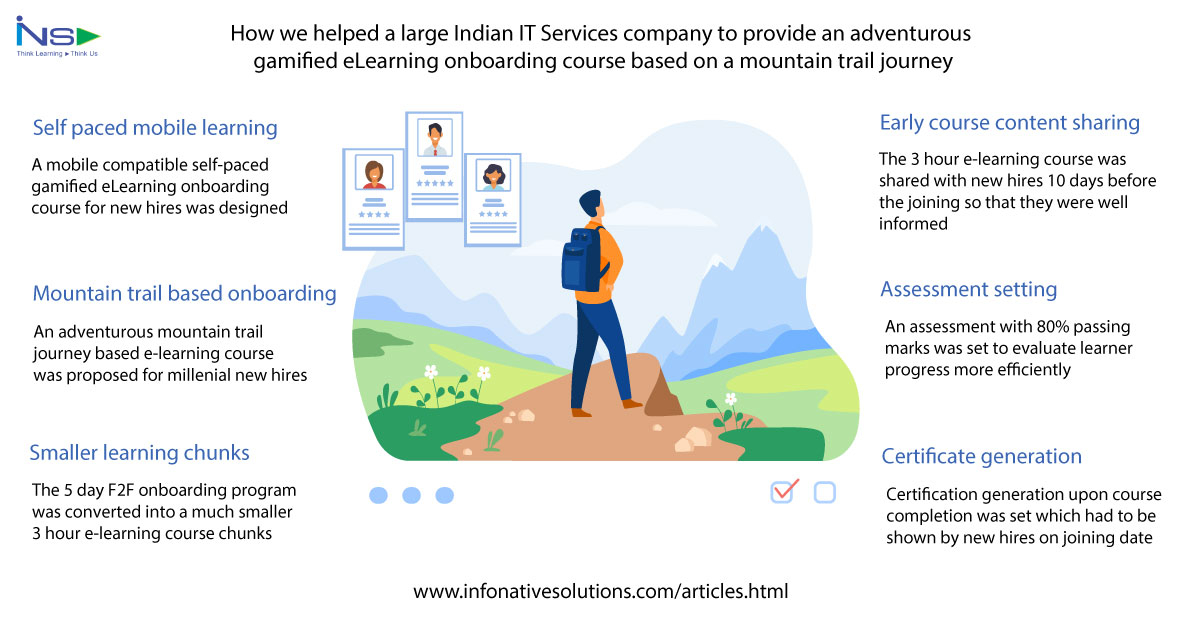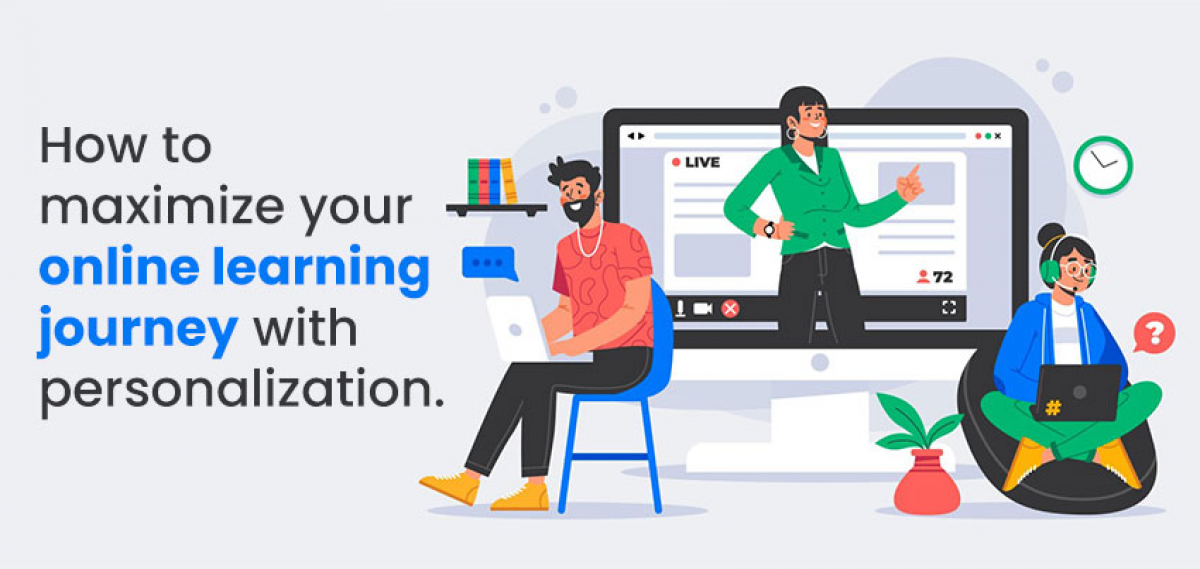The modern workforce is more diverse than ever, spanning multiple generations, backgrounds, and locations. In today’s work environment, employees are eager to enhance their skills, with 2022 seeing a strong focus on upskilling and reskilling—59% of workers aimed to learn new skills.
However, businesses often use a one-size-fits-all approach to training. Current models fail to consider how individual learning styles vary.
AI in corporate training enables companies to craft personalised learning experiences, tailoring modules to match each employee’s learning preferences. AI can quickly generate customised lessons, making learning more relevant and efficient for diverse workforces.
AI's influence extends far beyond individual learning paths. Automating administrative tasks, generating dynamic content, providing real-time analytics, and ensuring cost-effective scalability, AI streamlines the entire corporate training ecosystem. Case studies highlight how AI not only tailors training but also optimises content delivery and employee engagement, driving more impactful and efficient training experiences across the organisation.
Intelligent Automation of Administrative Tasks
AI streamlines corporate training by automating routine tasks such as scheduling, progress tracking, and certification management. One prime example is Unilever, which uses an AI chatbot to assist employees in monitoring their training journeys, receiving real-time answers, and staying updated on deadlines. AI-driven systems can also manage compliance-related activities, ensuring timely certification renewals and sending alerts when necessary. With such tasks automated, HR teams can shift their focus to more strategic functions like workforce planning, employee development, and enhancing overall employee well-being. By reducing manual administrative burdens, AI allows HR departments to invest more time in initiatives that drive long-term organisational success.
AI-Driven Content Creation and Delivery
AI is revolutionising content creation in corporate training by tailoring learning materials to align with industry trends, individual employee preferences, and evolving job requirements. IBM has introduced AI-powered learning platforms that personalise training paths based on an employee’s role, prior learning outcomes, and skill gaps. These platforms adapt in real-time, ensuring employees receive the most relevant training content while continuously updating materials as industries evolve.
A standout example is Walmart, which has employed STRIVR, a virtual reality (VR) training platform, to offer immersive, real-world simulations for its employees. By engaging in these interactive, scenario-based experiences, employees are better prepared to manage real-world situations, improving both knowledge retention and job performance. This method of AI-driven content delivery enhances engagement and provides a learning environment that is both relevant and adaptable to individual needs.
Furthermore, AI ensures that learning materials remain updated and pertinent, analysing trends and creating content that anticipates future industry shifts. This approach keeps organisations ahead in training, ensuring their workforce stays equipped with the latest skills.
Real-Time Data and Analytics
One of the most transformative impacts of AI on corporate training is its ability to provide real-time data and analytics, enabling trainers and managers to track employee performance at granular levels. SAP utilizes AI to monitor employee engagement during training sessions, providing instant feedback and recommendations for improvement. Trainers can see how employees interact with content, identifying strengths and areas where additional support is needed.
Through AI-powered predictive analytics, organisations can anticipate future training needs based on evolving job roles and market requirements. For instance, Centrica, a UK-based energy services company, has adopted AI to enhance its training framework. AI continuously assesses the effectiveness of training programs and recommends additional learning modules or alternative training strategies based on performance data. This level of personalisation improves learning outcomes and makes training more targeted and impactful, reducing unnecessary time and costs.
Cost Efficiency and Scalability
AI-driven corporate training offers significant cost efficiency and scalability. Traditional programs rely on live instructors, printed materials, and in-person sessions, driving up costs. In contrast, AI platforms automate content delivery, allowing employees to access learning at their own pace, reducing overhead and maximising flexibility.
Google has successfully integrated AI into its global training programs, using AI-powered systems to deliver scalable training that ensures consistency across its workforce. This allows employees in different regions to receive the same high-quality training, regardless of location. Similarly, Coursera for Business uses AI to provide customized training modules for companies of all sizes, giving smaller organisations access to high-quality, scalable solutions previously available only to larger corporations. This scalability means that as companies grow, their training programs can easily expand to accommodate new hires or additional learning needs, without a corresponding increase in costs.
Enhanced Employee Engagement
AI plays a vital role in enhancing employee engagement during corporate training through tools like gamification and personalised feedback loops. Deloitte is a notable example of a company that has implemented an AI-based gamification platform to boost employee motivation. By incorporating features such as points, badges, and leaderboards, the platform encourages healthy competition among employees and rewards their progress in real-time. These elements make training more interactive and enjoyable, increasing participation and engagement.
Additionally, platforms like Duolingo, which specialises in language learning, have applied AI to maintain elevated levels of engagement through adaptive challenges. As employees progress, AI adjusts the difficulty of tasks to ensure continuous learning without overwhelming the user. The instant feedback and rewards keep users motivated, pushing them to meet personal learning goals while fostering a sense of achievement. This level of engagement, driven by AI’s ability to personalise and adapt content, leads to better retention and a more motivated workforce.
Challenges and Future Outlook
Despite its benefits, AI-driven corporate training faces challenges. Data privacy concerns are significant, as AI systems often require access to sensitive employee information. Additionally, an over-reliance on AI could reduce human oversight, potentially leading to less personalised guidance where needed. The initial setup costs for AI infrastructure may also be prohibitive for smaller companies.
Looking ahead, AI will create smarter, more intuitive training programs that adapt to industry trends and employee needs. As AI evolves, its potential to enhance workforce development is vast. To stay competitive and future-ready, companies must embrace these advancements. Now is the time to explore and integrate AI-driven training solutions for sustainable growth and success.




